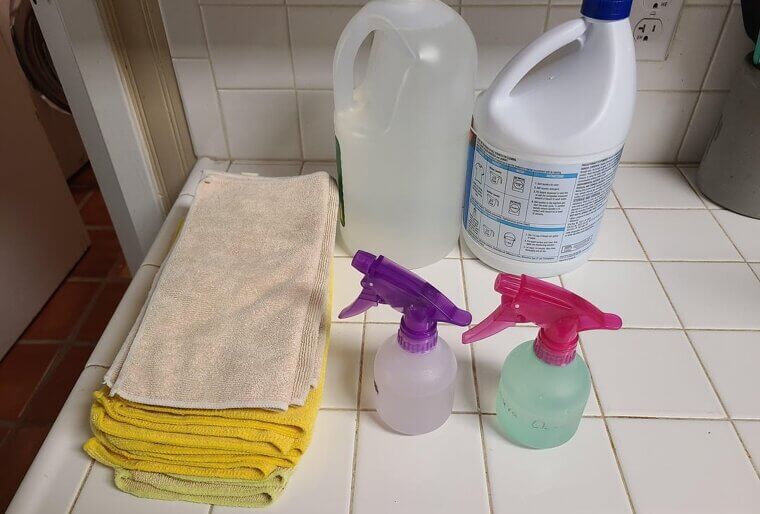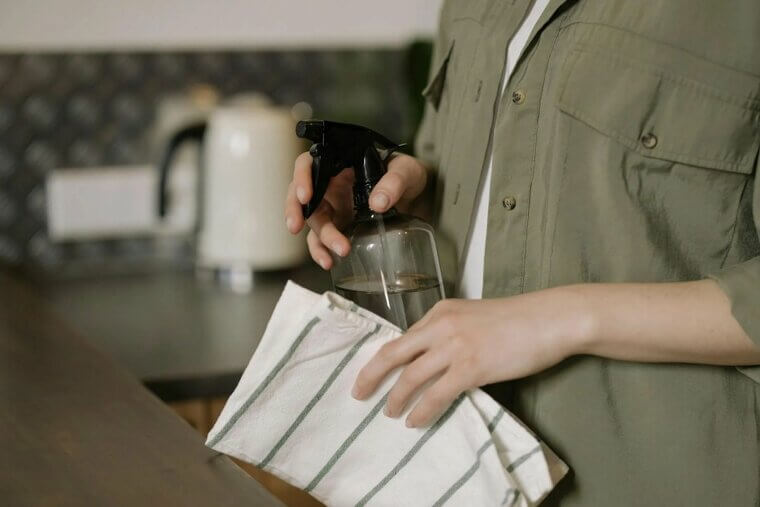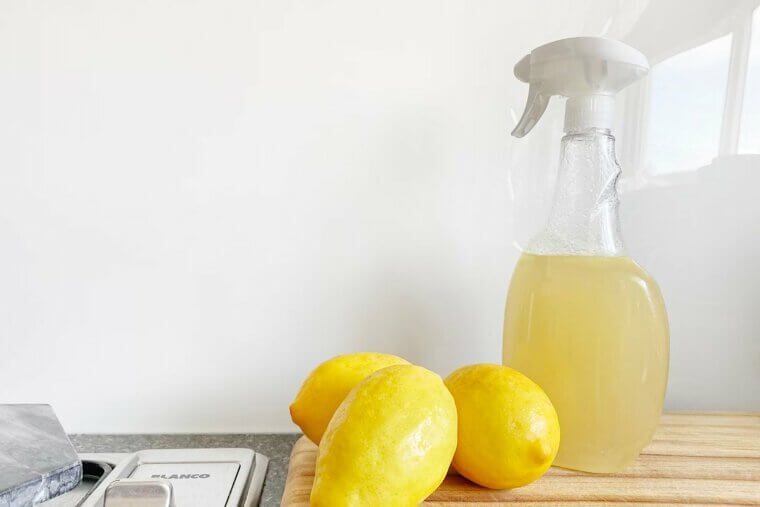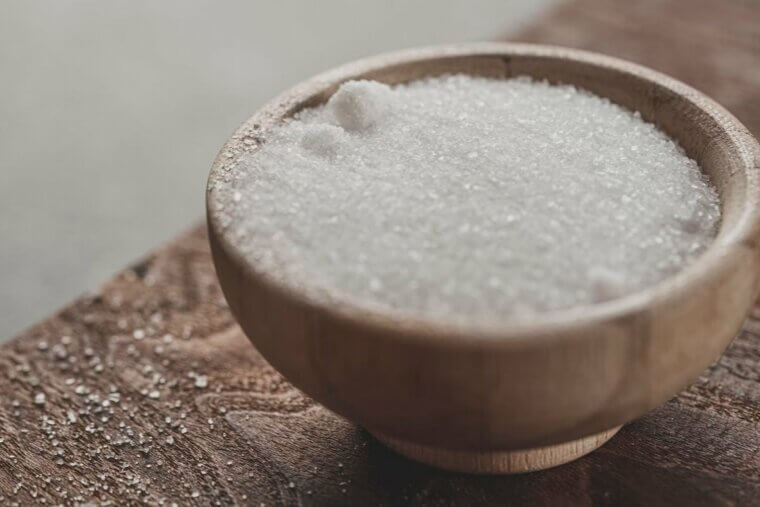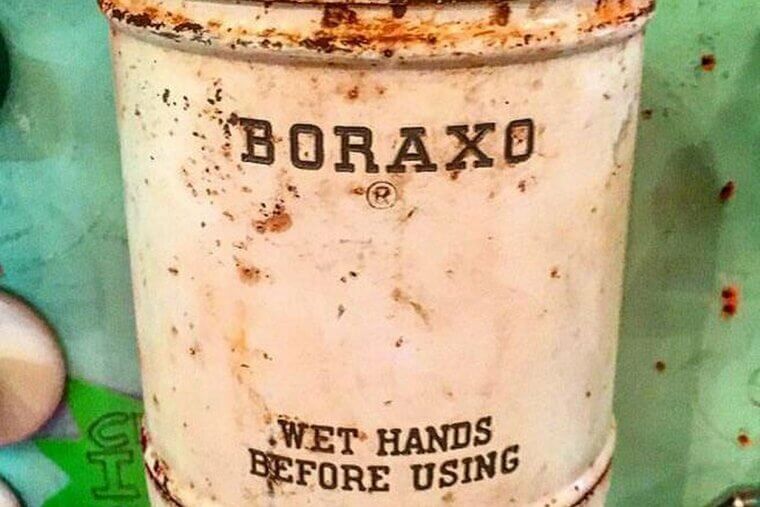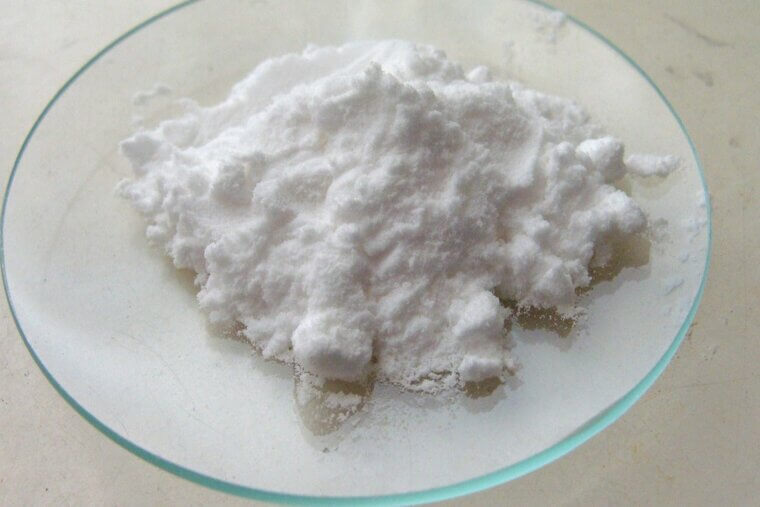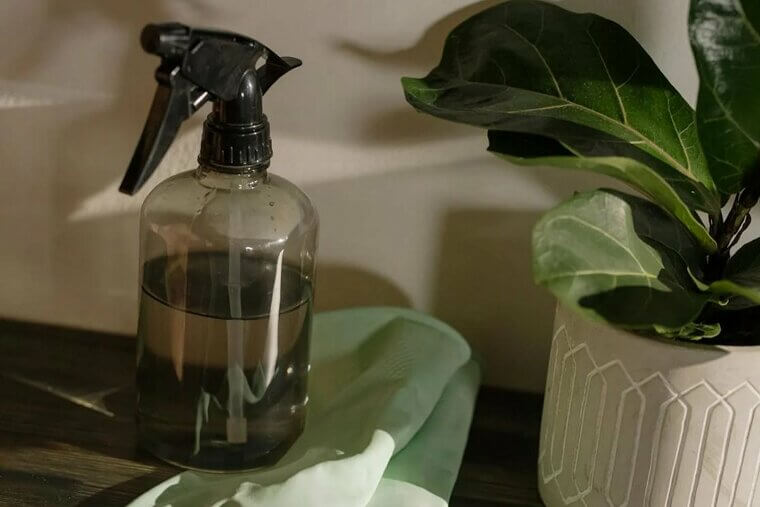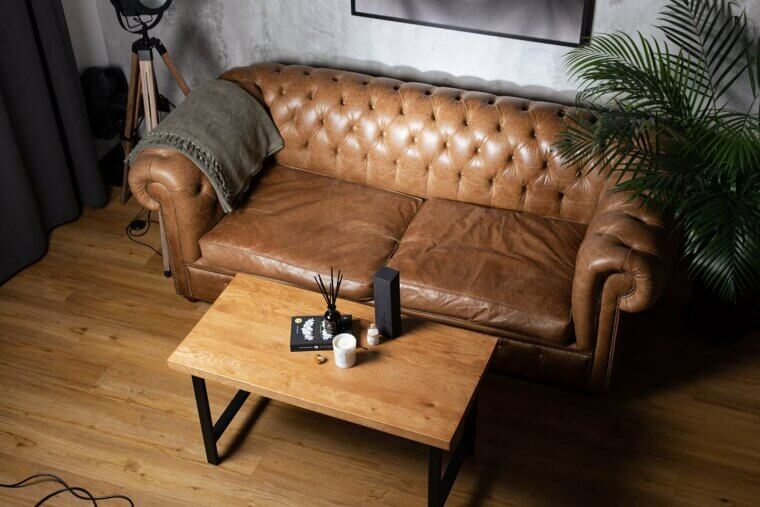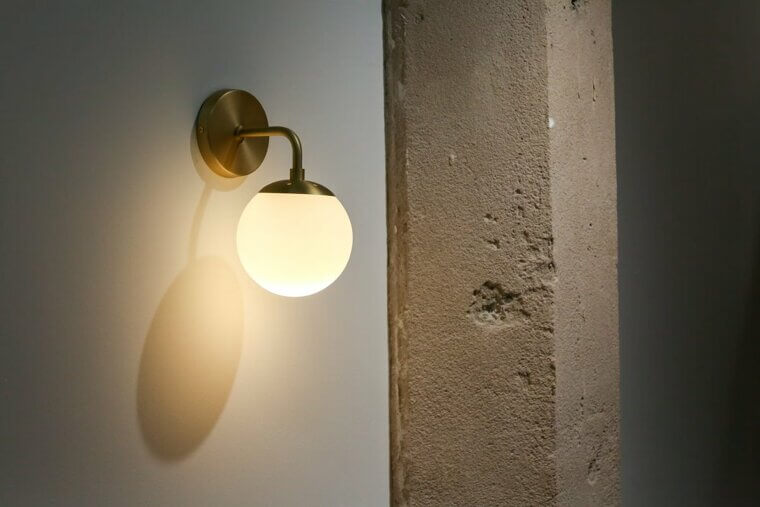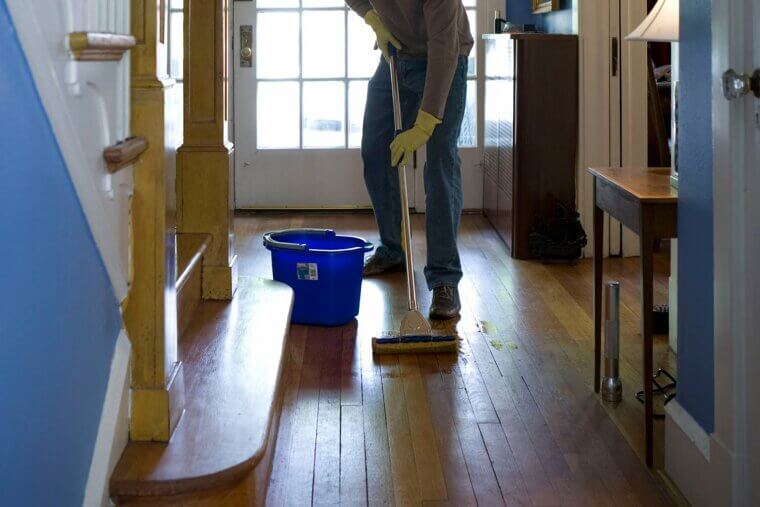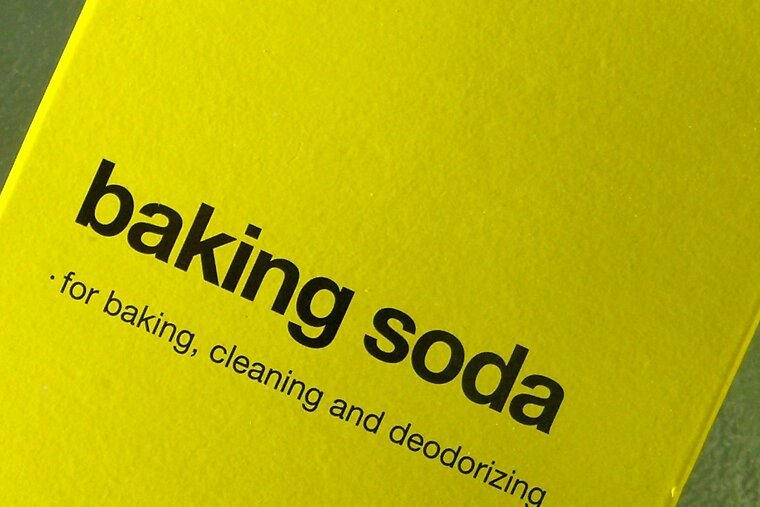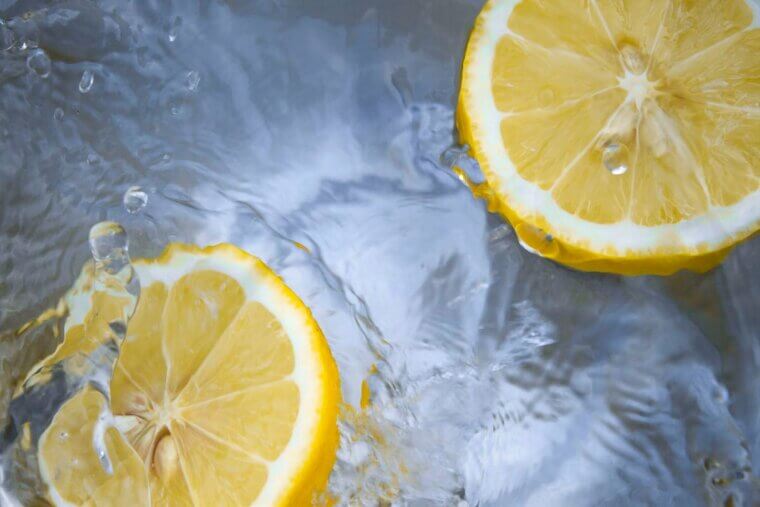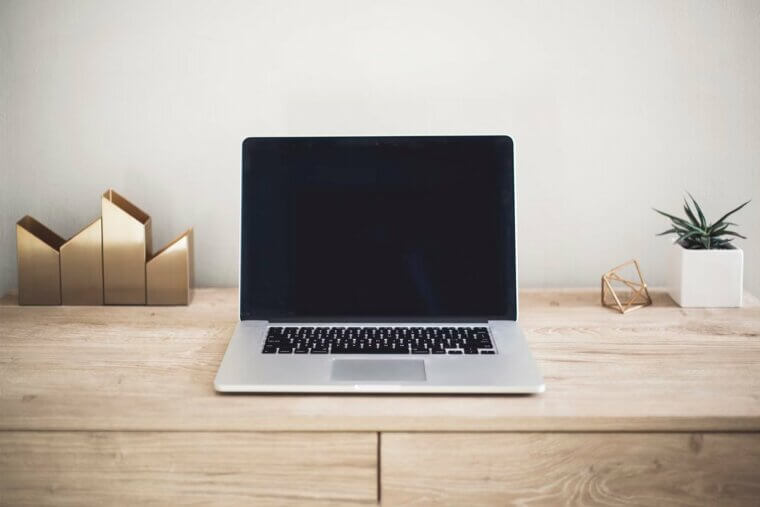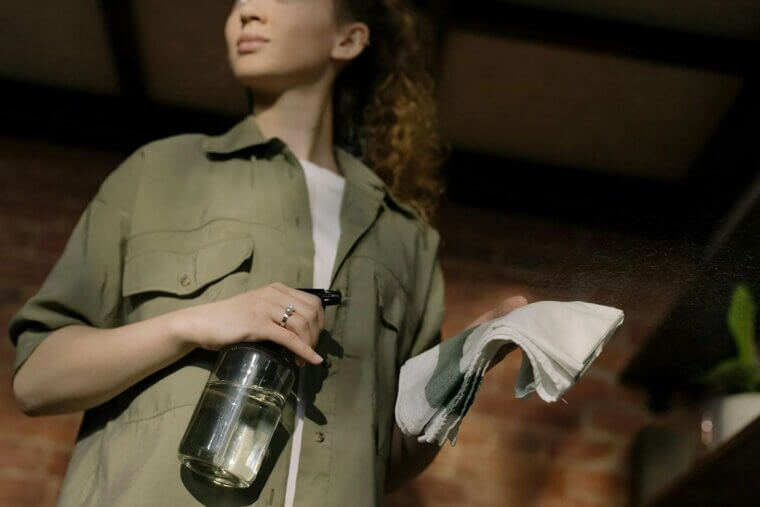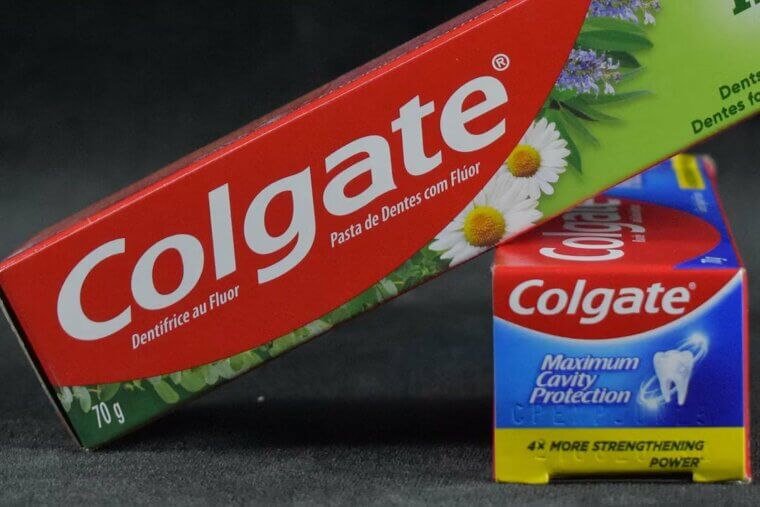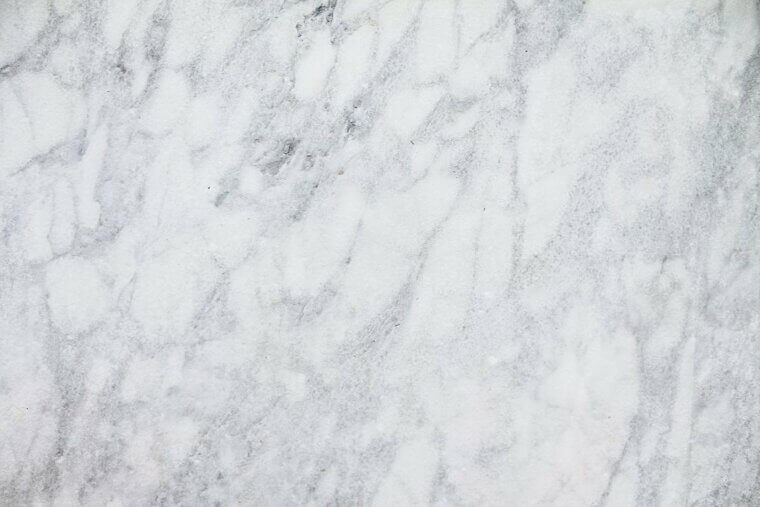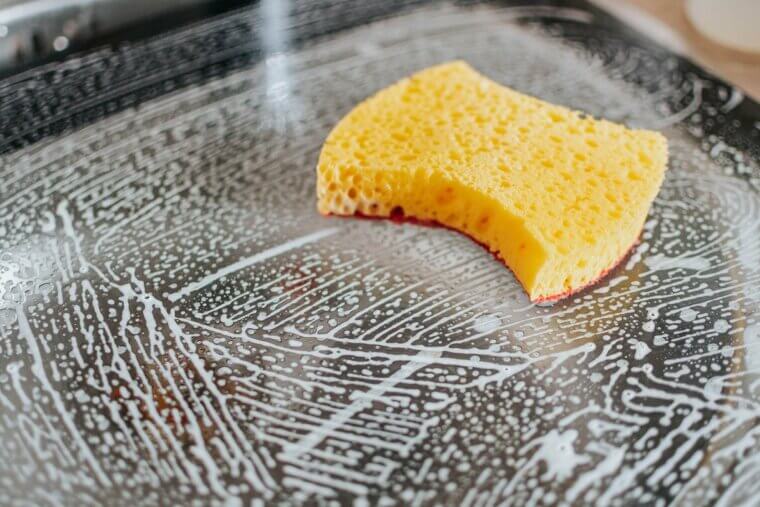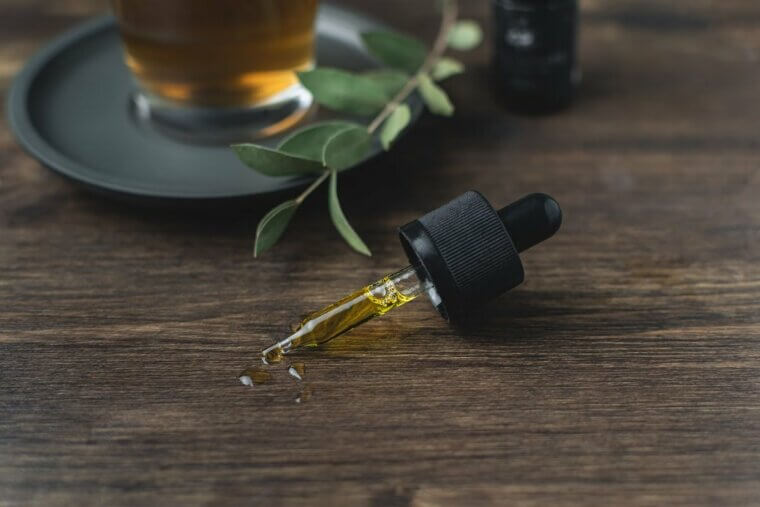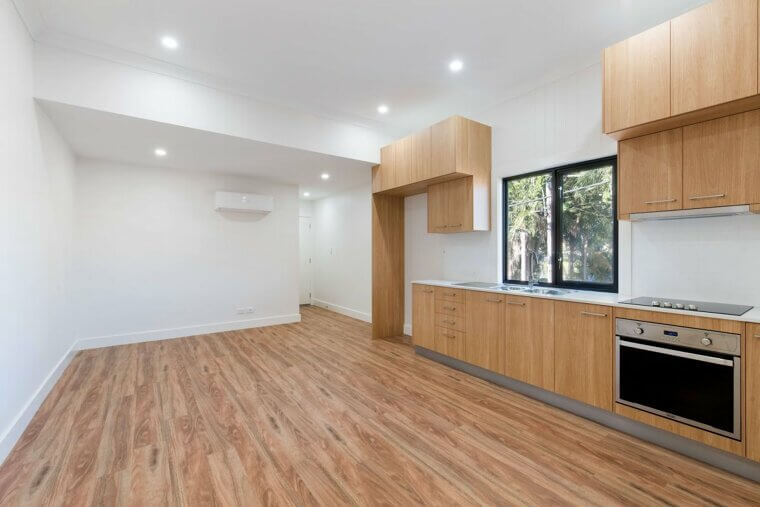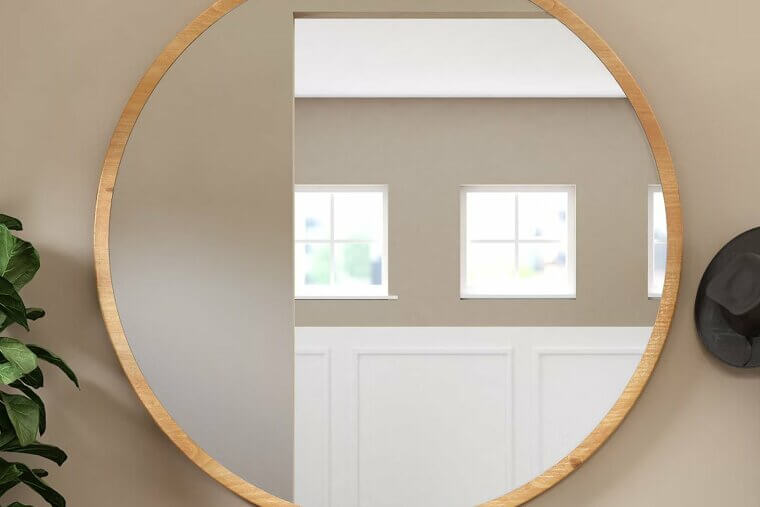Bleach and Vinegar on Anything
You may have heard this before, but it bears repeating… never, ever combine bleach and vinegar. It’s not just bad for your surfaces, it could severely injure you. Combining the two ingredients makes chlorine gas, which will affect your breathing. Don’t do it!
Hydrogen Peroxide and Vinegar on Anything
If you subscribe to a lot of cleaning channels, you may have heard people suggest mixing hydrogen peroxide and vinegar to clean surfaces. Don’t do this! When those two things combine, they create peracetic acid, which will not only ruin your surfaces but it will irritate your skin and eyes as well.
Lemon and Baking Soda Paste on Stainless Steel
Many a TikToker and YouTuber has sung the praises of lemon and baking soda paste. After all, it does make things smell nice, and all you have to do to create it is mix lemon juice with baking soda. But beware of using it on stainless steel. It’s too abrasive and will ruin the finish.
Salt on Delicate Surfaces
Salt is abrasive, which makes it good for cleaning up difficult stains. It helps deodorize and disinfect surfaces, too. But beware if you’re using it on a delicate surface. The abrasiveness which makes salt so effective will scratch them right up.
Borax on Anything You’ll Have Skin Contact With
Borax is actually banned in some places, but many still use it as a stain remover. However, you should never use it on something you’re likely to have a lot of skin contact with. It can irritate the skin and eyes and even cause bigger health problems in some cases.
Baking Soda on Ceramic Stovetops
While baking soda is good for a lot of cleaning projects, there are certain surfaces it shouldn’t be used on. One of these is ceramic stovetops. Use it too much on yours and you’ll soon see that it leaves tiny, incredibly annoying scratches behind.
Vinegar on Rubber Seals
Plenty of people clean their rubber seals (e.g. on their washing machine or fridge) with vinegar without even noticing they’re doing something wrong. Stop cleaning them with vinegar immediately, because the substance can dry out and degrade rubber.
Alcohol-Based Cleaners on Leather
Do you have a leather sofa? Whatever you do, don’t clean it with anything you’ve whipped up containing alcohol. Alcohol strips natural oils, causing cracking or drying, and your leather product will be completely ruined by it.
Baking Soda on Gold-Plated Fixtures
If you want to clean your gold-plated fixtures, use something other than baking soda. Most people recommend using a toothbrush and warm soap water. Baking soda is good for some cleans, but with gold-plated fixtures its abrasiveness will wear away the thin gold layer, exposing the base metal.
Hydrogen Peroxide on Wood Floors
If you have hydrogen peroxide in your cleaner, do not under any circumstances use it on a wooden floor. It will bleach and lighten the wood unevenly, damaging the finish. You can get all sorts of gentle floor cleaners that will do the job properly.
Baking Soda on Aluminum
If you want to use baking soda in your homemade cleaners, you need to do a lot of work first and find out exactly what baking soda can be used on. Many a person has been disappointed to find out that baking soda on aluminum causes discoloration and dulls the surface.
Lemon Juice on Brass
Some people swear by lemon juice for cleaning absolutely everything, but they should never use it on brass. While the acid in lemon juice helps you get rid of stains, if you try it on brass what will happened is that it’ll corrode and tarnish.
Vinegar on Electronic Screens
It goes without saying that you shouldn’t put anything acidic near electronic screens, right? And yet countless people make this major mistake while cleaning up. Scrubbing your screens with vinegar will eat away at anti-glare coatings.
Rubbing Alcohol on Varnished Wood
Rubbing alcohol is great for many things, and many households keep a bottle of it around in case of small cuts or bites. But please don’t use it on varnished wood. It will dissolve the finish, leaving all that nice wood patchy or sticky.
Toothpaste on Chrome Surfaces
Toothpaste can be used for more than just cleaning your teeth. Some people have found it very helpful when it comes to cleaning. But it should not be used on chrome surfaces, because the tiny amounts of grit inside it will scratch up shiny surfaces.
Vinegar on Marble
If you’re lucky enough to have marble surfaces in your house, make sure you don’t wash them with vinegar! It’s acidic, and thus will dull the surface. Warm water and mild dish soap should take care of stains on a marble surface.
Baking Soda on Glass
Baking soda is good for cleaning many things, but glass isn’t one of them. It’s abrasive, and will scratch up the glass. You can however use a combination of vinegar and water on glass, and clean it up with a squeegee.
Essential Oils on Wood
Many people create an all-purpose cleaner with essential oils. Just combine vinegar, water, and 15 drops of your oil. You’ll get a nice-smelling concoction… but you shouldn’t use it on wood. The oils will end up staining or degrading wood finishes.
Vinegar on Hardwood Floors
It may be dawning on you by now that vinegar isn’t some magic clean-all… it needs to be used very carefully. Another thing you shouldn’t use it on is hardwood floors, because it will ruin the finish and dry out the wood.
Ammonia on Mirrors
Mirrors are very important to your house and need to be treated with the utmost care. So that involves not using ammonia on them! It will damage the mirror backing and create unsightly streaks and fogging.

